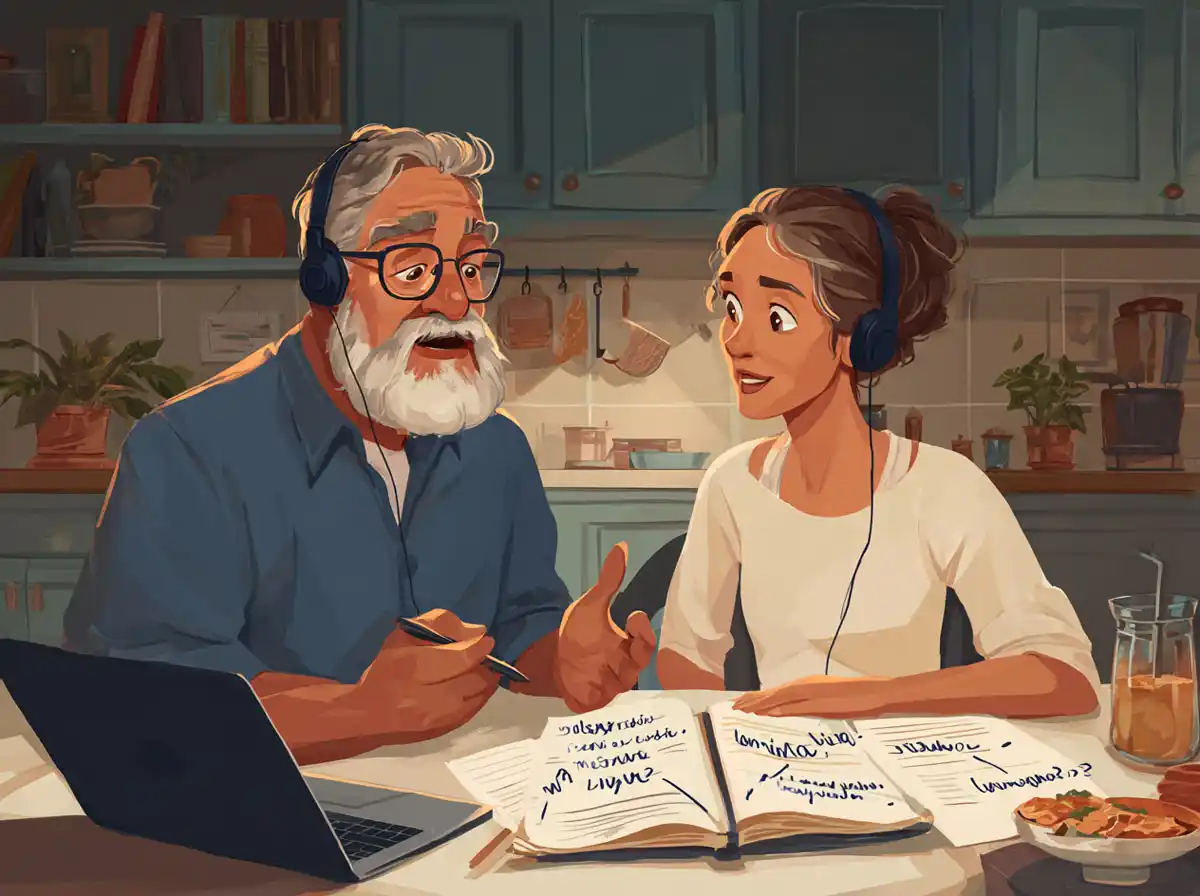A rich Belarusian vocabulary is key to expressing yourself in daily life, academic pursuits, and cultural exchanges. This page provides a thoughtful selection of vocabulary grouped by theme and proficiency, offering learners a practical way to expand their language skills and engage with both traditional and contemporary Belarusian.
Explore essential words and phrases for common situations, including language for places, time, quantities, and emotions. The vocabulary is carefully arranged to support learners from beginner to advanced, ensuring you can build a strong foundation and steadily progress. Contextual examples and sample sentences are included to help you apply new words accurately.
Contemporary Belarusian expressions are highlighted alongside classic vocabulary, helping you connect with native speakers of all generations. You’ll encounter trendy words and phrases relevant to current culture, ensuring your language use remains up to date and relatable.
To support comprehensive vocabulary growth, Talkpal also delves into unique language features such as homophones, homonyms, etymological roots, acronyms, and expressive figurative phrases. Playful and creative vocab sections, including light-hearted word pairs and special occasion phrases, add fun to your studies.
Practice with interactive activities and regular reviews to reinforce what you’ve learned. By exploring these well-organized lists, you’ll communicate more confidently, deepen your appreciation for Belarusian, and achieve your language learning goals.
The most efficient way to learn a language
Try Talkpal for free









Talkpal is an AI-powered language tutor. It’s the most efficient way to learn a language. Chat about an unlimited amount of interesting topics either by writing or speaking while receiving messages with realistic voice.


Talkpal, Inc., 2810 N Church St, Wilmington, Delaware 19802, US
© 2026 All Rights Reserved.